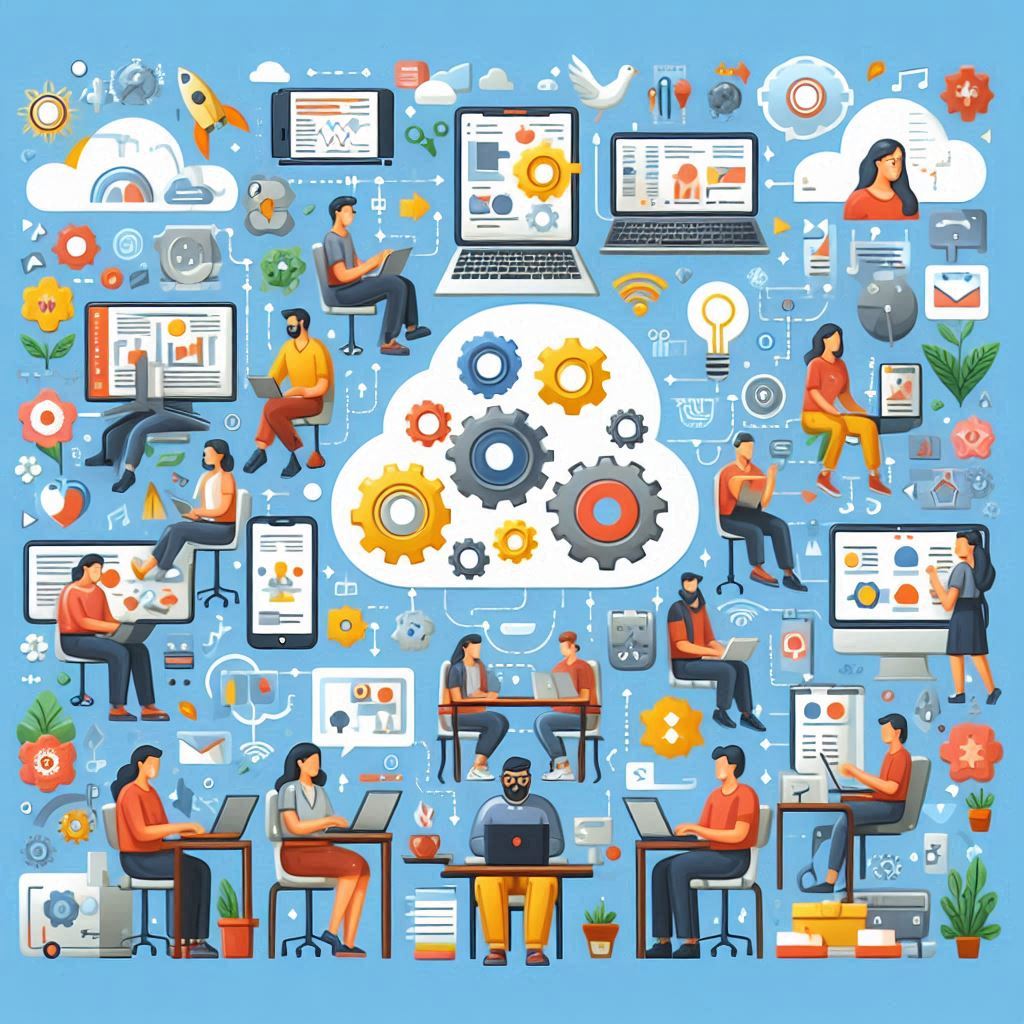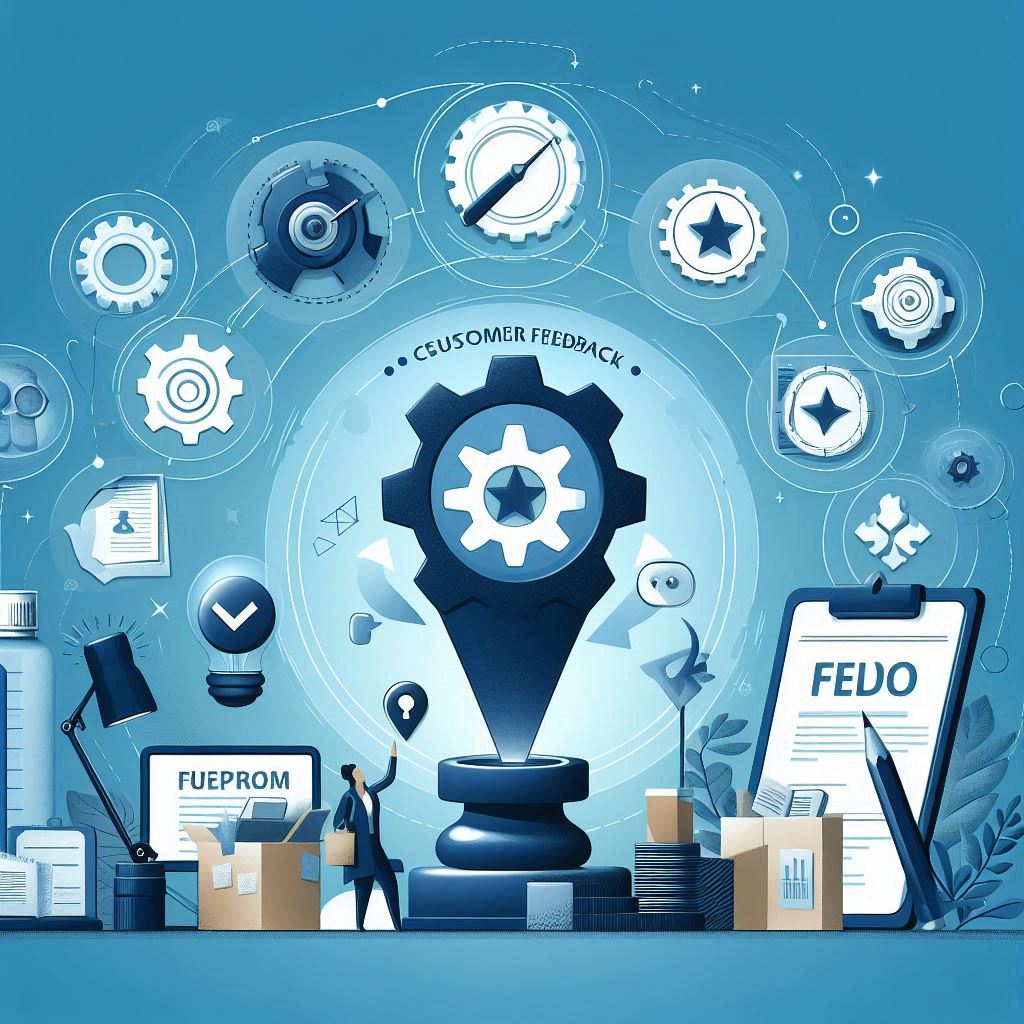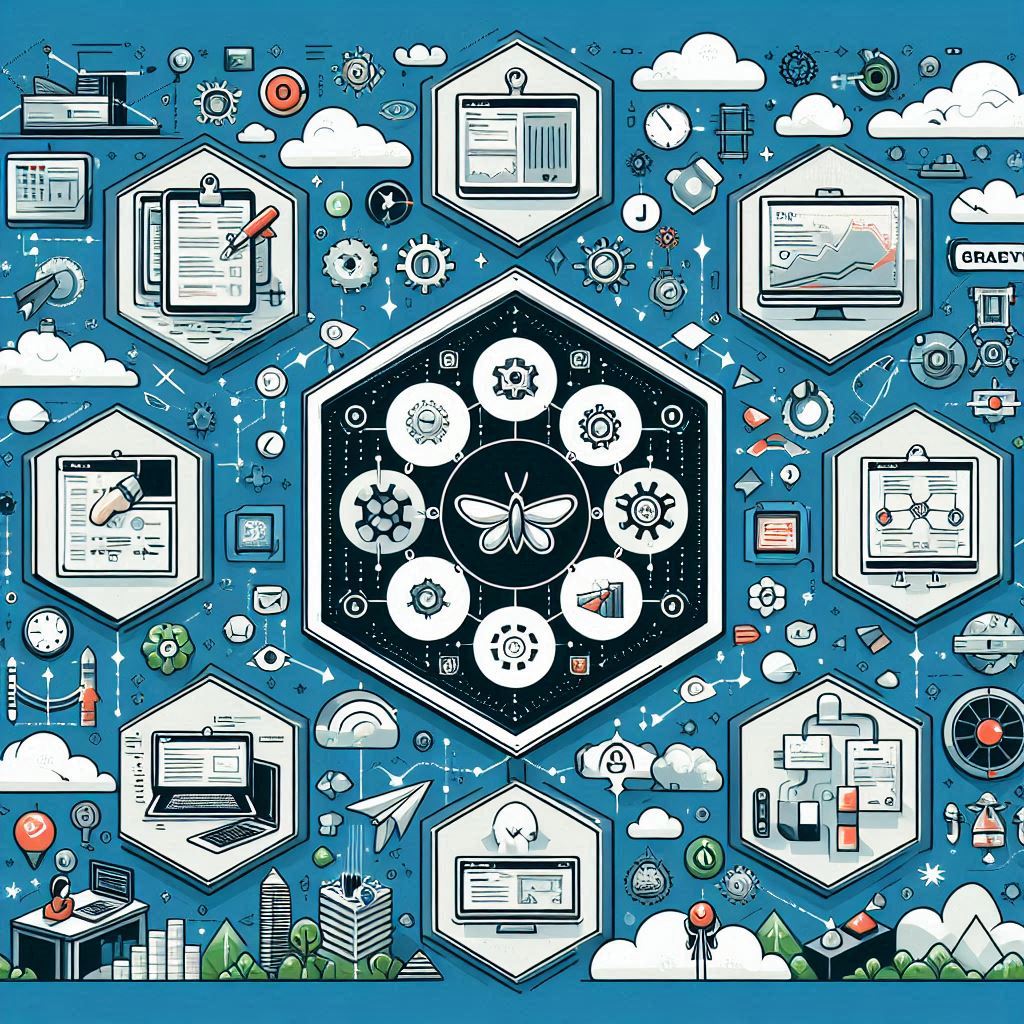-

Agile Development in Digital Marketplaces: Enhancing Product Management in Fast-Paced Environments
Agile development has become a cornerstone of modern product management, especially in fast-paced environments like digital marketplaces. This methodology emphasizes flexibility, collaboration, and customer-centricity, allowing teams to adapt quickly to changing market demands and deliver high-quality products efficiently. This article explores the benefits of using Agile methodologies to enhance product management in digital marketplaces and…
-

SAFe (Scaled Agile Framework): Scaling Agile Practices Across Large Organizations
Overview: The SAFe Framework The Scaled Agile Framework (SAFe) is designed to help large organizations scale Agile practices across multiple teams, ensuring that Agile methodologies can be effectively applied at an enterprise level. SAFe integrates the principles of Lean and Agile to provide a comprehensive approach that enhances productivity, quality, and time-to-market. By implementing SAFe,…
-

Waterfall: A Linear and Sequential Approach to Project Management
Overview: The Waterfall Methodology Waterfall is a traditional project management methodology characterized by its linear and sequential approach. Each phase in the Waterfall model must be completed before the next one begins, making it a structured and orderly process. Developed in the manufacturing and construction industries, the Waterfall methodology was later adapted for software development.…
-

Agile: An Iterative Approach to Product Development
Overview: Agile Methodology Agile is an iterative approach to product development and project management that prioritizes flexibility, collaboration, and customer feedback. Unlike traditional methodologies that follow a linear and sequential process, Agile embraces change and encourages adaptive planning, early delivery, and continuous improvement. The Agile methodology is designed to accommodate the dynamic nature of software…
-

Choosing the Right Tools: Recommendations for Tools and Software that Complement Various Product Management Frameworks
In the realm of product management, selecting the appropriate tools and software is pivotal for ensuring efficient workflow, effective collaboration, and successful project outcomes. Different product management frameworks, such as Agile, Lean, Waterfall, and hybrid models, have unique requirements and practices. The right tools can significantly enhance the implementation of these frameworks, streamline processes, and…
-

Frameworks and Remote Teams: Best Practices for Applying Product Management Frameworks in Remote or Distributed Teams
The rise of remote and distributed teams has fundamentally transformed the way organizations manage product development. The traditional co-located team setup has given way to geographically dispersed teams, necessitating new strategies and best practices to ensure effective collaboration, communication, and productivity. Product management frameworks, such as Agile, Lean, and Kanban, can be effectively adapted to…
-

Integrating Customer Feedback: How Different Frameworks Incorporate Customer Feedback into the Product Development Process
In the fast-paced world of product development, integrating customer feedback is essential for creating products that truly meet user needs and expectations. Different product management frameworks employ various strategies to gather, analyze, and incorporate customer feedback throughout the development process. This article explores how different frameworks, including Agile, Lean, Waterfall, and hybrid approaches, integrate customer…
-

Framework Evolution: How Product Management Frameworks Have Evolved Over Time and What the Future Might Hold
The landscape of product management has undergone significant transformations over the decades. From the early days of linear planning and rigid processes to the contemporary era of Agile and Lean methodologies, product management frameworks have continuously evolved to meet the changing demands of markets, technology, and consumer expectations. This article explores the evolution of product…
-

Hybrid Frameworks: Exploring the Benefits and Challenges of Combining Elements from Different Product Management Frameworks
In the evolving landscape of product management, choosing the right framework can significantly impact a project’s success. Traditional frameworks like Agile, Lean, Waterfall, and Kanban each offer distinct advantages and are highly effective in specific contexts. However, many organizations find that no single framework fully meets their needs, prompting them to adopt hybrid frameworks that…
-

Case Studies: Real-World Examples of Successful Framework Implementation and Lessons Learned
Implementing product management frameworks effectively can be a game-changer for organizations. By adopting structured approaches like Agile, Lean, Waterfall, and Kanban, companies can enhance their product development processes, improve team collaboration, and deliver high-quality products. This article explores real-world case studies of companies that have successfully implemented specific frameworks and the valuable lessons learned from…
